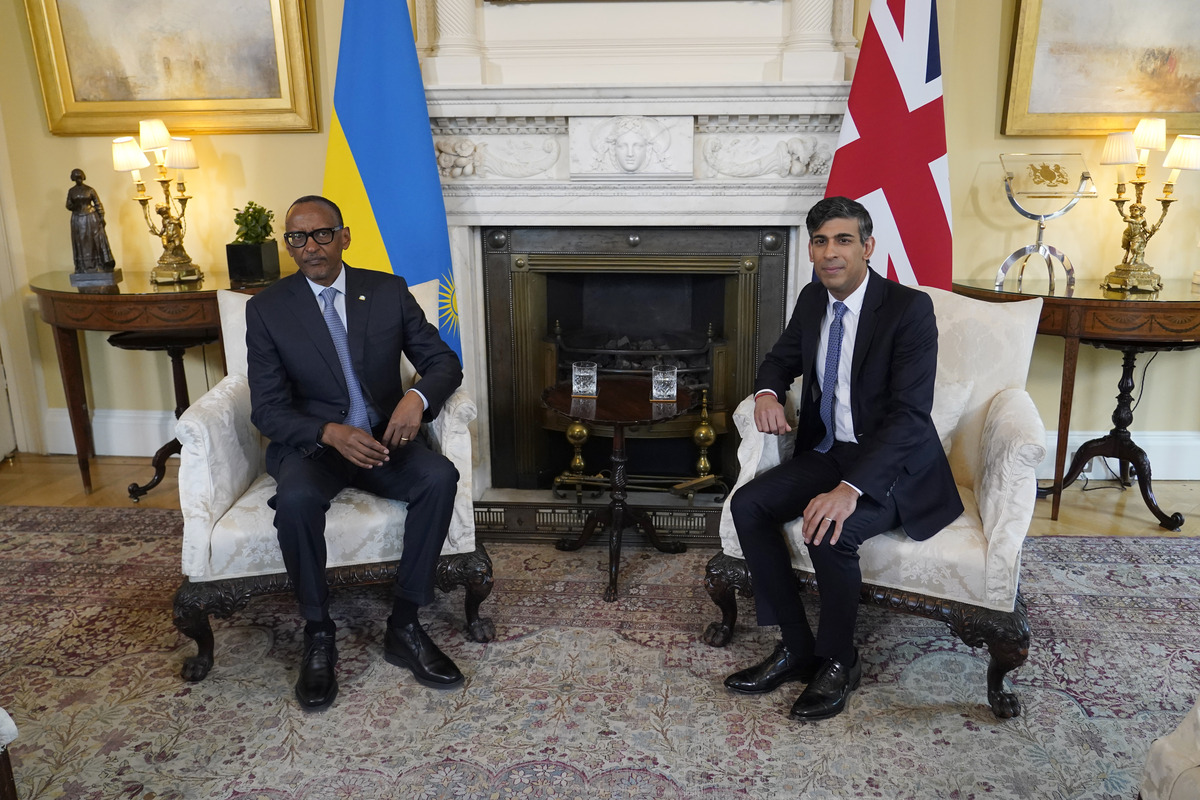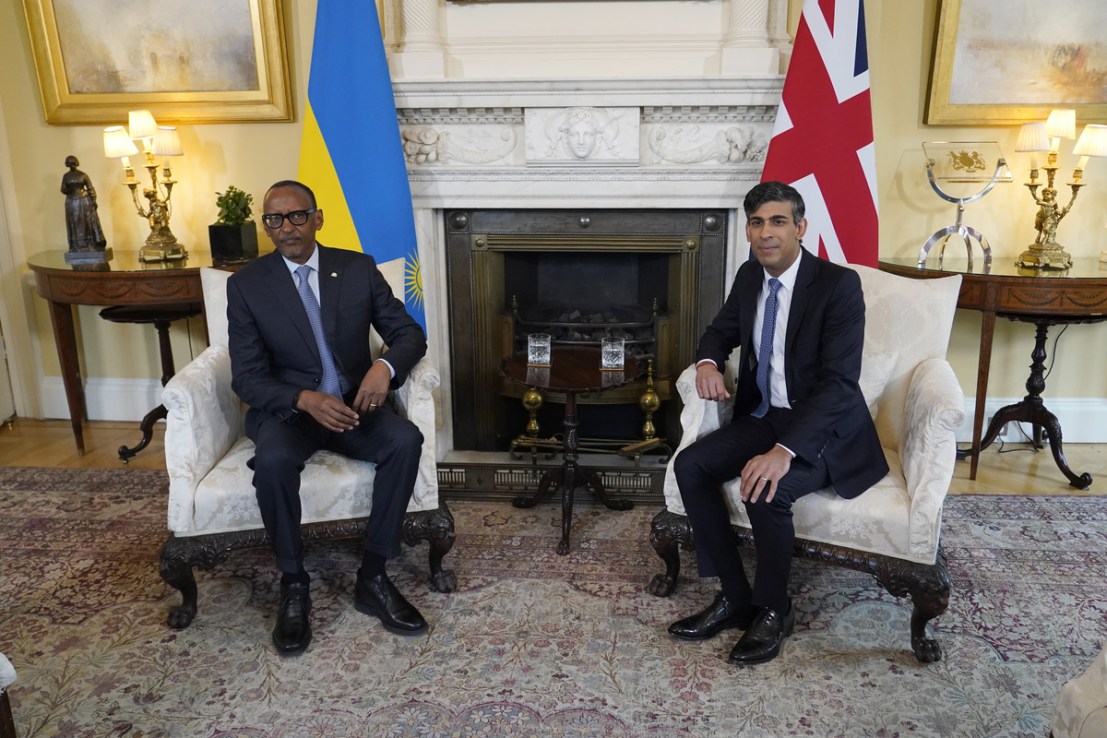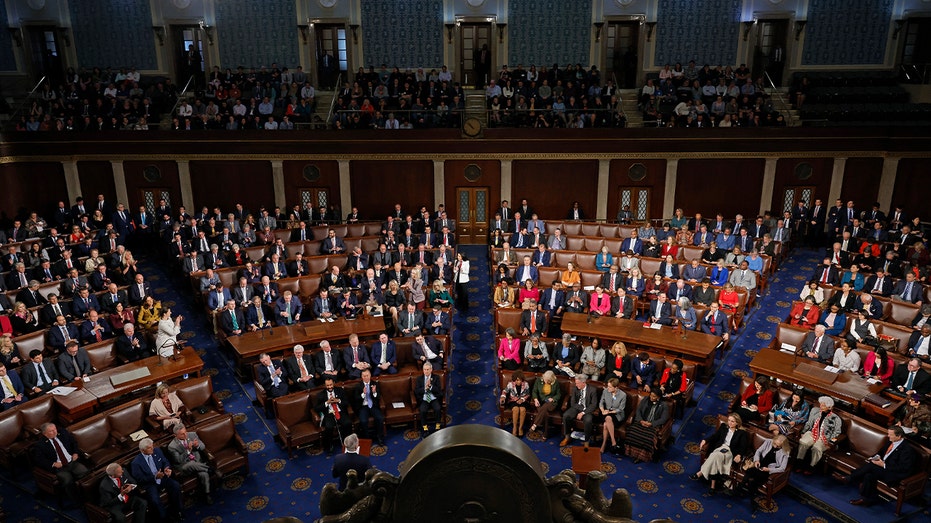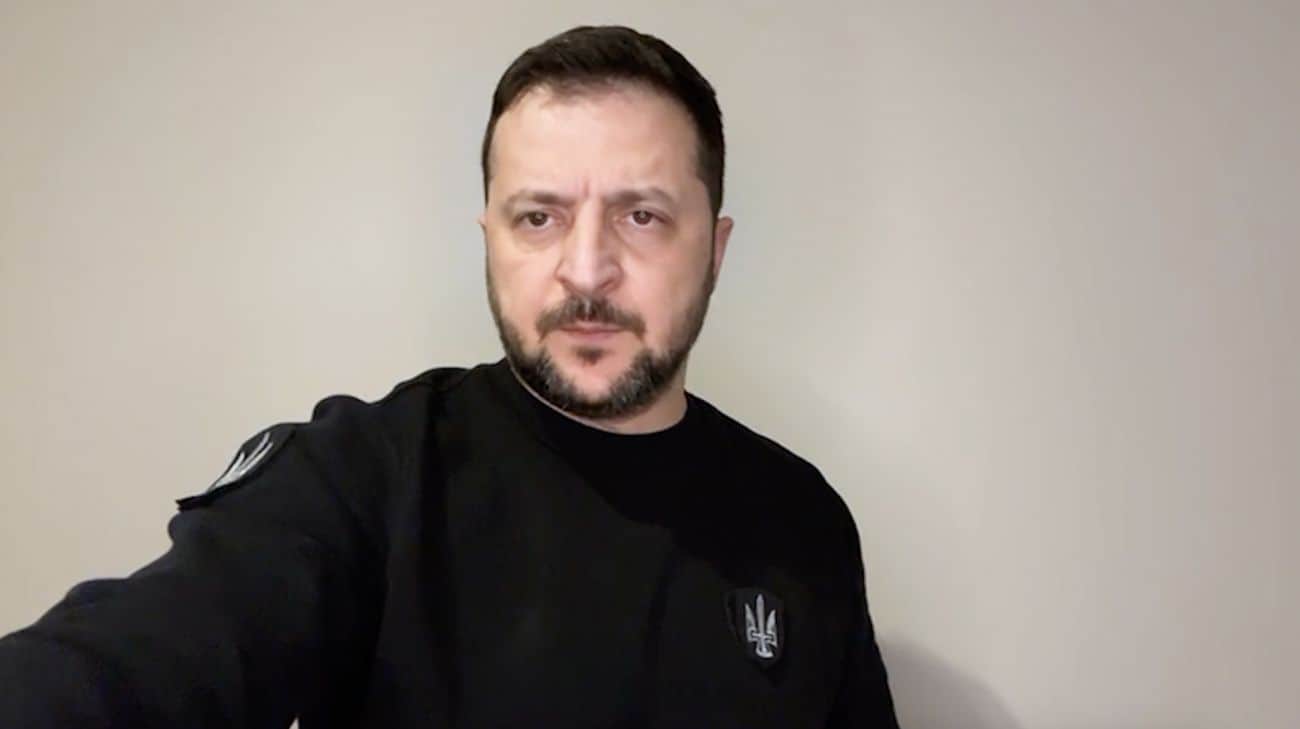Rwanda plan: Why can’t the government devote legislative time to anything else?
Rishi Sunak’s Rwanda plan finally passed late last night, two-and-a-bit torturous years after his predecessor Boris Johnson first floated the idea of sending asylum seekers to the east African nation.


Rishi Sunak’s Rwanda plan finally passed late last night, two-and-a-bit torturous years after his predecessor, Boris Johnson, first floated the idea of sending asylum seekers to the East African nation.
It’s taken the passing of a previous Illegal Migration Bill, a Supreme Court ruling, a UK-Rwanda treaty, four-and-a-half months of parliamentary wrangling, and, as of last night, a solid eight hours of back and forth as the House of Lords tried to introduce amendments.
It’s also going to cost the government more than £0.5bn of taxpayers’ money, according to the National Audit Office (NAO)—and even if the UK sends nobody to Rwanda, Sunak has committed to paying £370m of public money throughout the five-year deal.
But now, at last, grimly underscored by the news of yet more deaths in the Channel’s freezing waters, it is set to become law. Only the rubber-stamping of Royal Assent now stands between Sunak and former home secretary Suella Braverman’s “dream, my obsession” of seeing a Telegraph front page of planes taking off being realised.
Preparations are also underway to deliver the policy. Sunak told a press conference on Monday that an airfield was on standby, charter flights had been booked, detention spaces had been “increased” to 2,000, while 200 caseworkers had been trained, 25 courtrooms had been made available, and 150 judges had been identified “who could provide over 5,000 sitting days.”
One thing that isn’t clear, when ministers previously said flights would take off in the spring, is why the Prime Minister has now said this won’t happen for another 10-12 weeks, taking us to July and into the second half of the year—closer to that long-awaited election.
But either way, the government – evidently – has been eager to demonstrate its absolute commitment to making the Rwanda plan happen.
On one hand, it’s easy to answer the question of why. The Tories base tends to rank the issue of immigration as a higher priority than other voters.
YouGov found two-thirds of 2019 Conservative voters said it was one of their top areas of concern, with 38 per cent ranking it as their number one issue, even over the economy.
The party’s strategy then has been to prioritise this group of voters over and above the more broadly felt concerns of the economy and the NHS, which YouGov found came out on top among adults of all ages.
Devoting months and months of effort to demonstrating their commitment to, for example, building houses or cutting NHS waiting lists (another of Sunak’s five pledges we’ve heard rather less about..) might not be enough to reverse the polls spelling Tory doom, and could certainly prove equally politically challenging.
But I’d suggest it might go some way towards stemming the patient’s bleeding.
City types are similarly frustrated by the absence of progress on share trading stamp duty or investment research funding.
While the House of Commons Treasury committee chairwoman Harriet Baldwin late last year summarised the impact thus far of the Edinburgh Reforms as “feeling like a damp squib”.
Square Mile shake-ups may not be red meat or tabloid fodder, but chalking up small wins in key sectors could, again, inject Sunak’s final months with a sense of purpose.
There’s a growing frustration among MPs ahead of the local elections next week and a sense in Westminster that the scale of the Tory defeat at the ballot box in May could play a role in determining Sunak’s future as leader.
Most imagine he’ll stagger on, but with No10 increasingly appearing like the walking wounded, a broader breadth of policy effort certainly couldn’t hurt.



